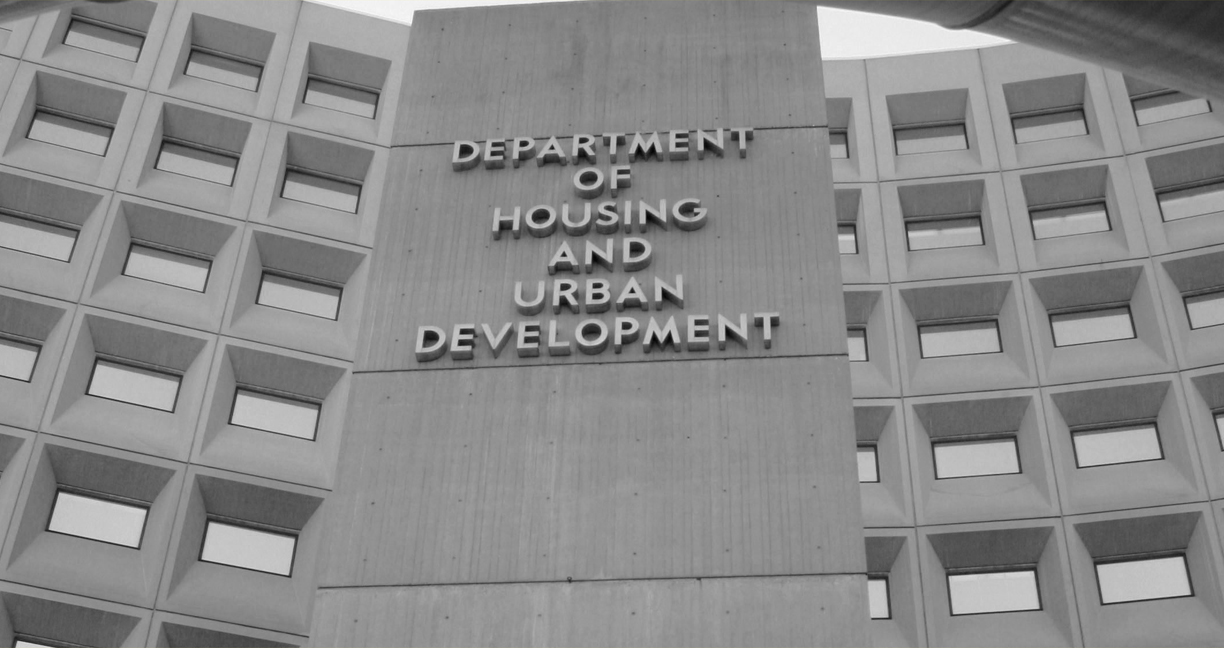Under the Fair Housing Act, property owners and management companies are required to ensure that all tenants have an equal opportunity to use and enjoy a property. Generally, this means that management must grant reasonable accommodation and modification requests where necessary to afford a tenant the full use of the property. But what is the difference between a reasonable accommodation and a reasonable modification under the Fair Housing Act? Well, in a word—cost!
First things first though. A reasonable accommodation is a change, exception, or adjustment to a property rule, policy, practice, or service. A reasonable modification is a structural change made to the premises. So, for example, a request by a tenant in a wheelchair for a guide dog in an apartment community with a “no pets” policy is a reasonable accommodation request; a request by a tenant in a wheelchair to install grab bars in the bathroom is a reasonable modification request.
In my experience, however, I have found that property owners and management companies are more interested in the cost aspect of reasonable accommodations and modifications. Generally speaking, under the federal Fair Housing Act, management is responsible for the costs associated with a reasonable accommodation, while the tenant is responsible for the costs associated with a reasonable modification. There are a few exceptions to the general rule regarding cost (which I will explore in a subsequent blog post), such as where the requested modification is one that should have been included in the unit or common use area when the property was constructed pursuant to the Fair Housing Act’s Design and Construction Guidelines, or where the property receives federal funding.
In closing, here are a few additional caveats regarding cost. First, you may request that a tenant restore the modified portions of the interior of the unit to the previous condition only where “it is reasonable to do so.” Contrast this from modifications to common areas of the property or the exterior of the unit, which the tenant is not required to restore to the original condition at the end of his or her tenancy. And, while the tenant is generally required to pay for reasonable modifications made to common areas of the property, if the modification is made to a common area that is normally maintained by management, then management is responsible for the upkeep and maintenance of the modification as well.
Reasonable accommodation and modification requests can be tricky, and I would encourage property owners and management companies to consult with a local, experienced attorney regarding these requests—particularly given that other jurisdictions (such as Massachusetts) have enacted statutes placing the burden of the cost of a reasonable modification on the landlord.


